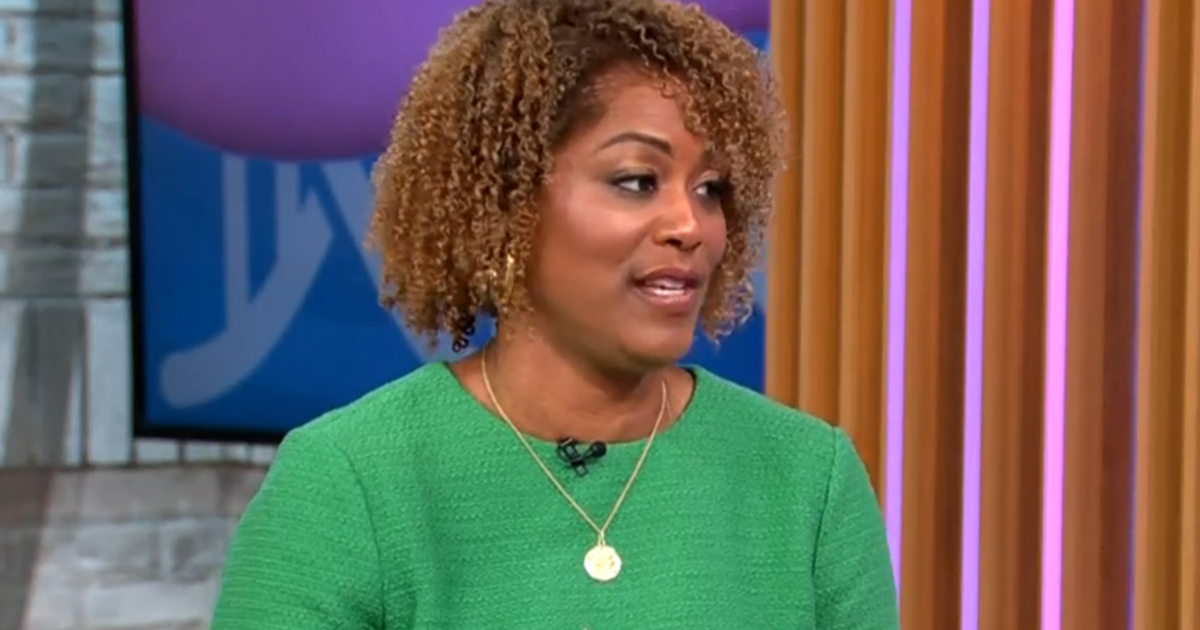
One in six adults worldwide experience infertility. Some turn to IVF — or in vitro fertilization — which averages around $20,000 for one round in the U.S., according to Fertility IQ. Other women freeze their eggs, and despite the cost of about $10,000, nearly 30,000 egg freezing cycles were performed in the U.S. in 2022, which is up from just 7,600 in 2015.
In the book, “Grief is Love,” author Marisa Renee Lee revealed in an interview on “CBS Mornings” how she found joy and fulfillment after experiencing grief that came with infertility and pregnancy loss before adopting her son, Bennett.
“I think that people don’t understand when you lose a pregnancy, it’s not about the physical loss,” Lee said. “It’s so much more about the loss of hope, the loss of the plans that you and your partner perhaps had for your family. It is very, very challenging to wrap your mind around.”
Lee said those losses are often in private, and feelings of shame, failure or anger may emerge.
“You feel like you should be able to do this very natural and normal thing that we all grow up believing is easy for everyone, and when it doesn’t work out, it’s incredibly challenging.”
In her book, Lee stressed grief doesn’t have a timeline and that everyone grieves differently, even couples. In the context of her marriage, she said her miscarriage and infertility journey were difficult, as she and her husband had to develop their own ways of coping while also finding the space to share their grief.
On a personal level, Lee said she gave herself permission to cry whenever she needed, describing the hardships of returning to everyday life after a loss.
“The number of times I would be in the grocery store and see a child run into their mother’s arms and just feel heartbroken, you know, it was real,” she said. “It wasn’t about, ‘I’m jealous that they have this thing that I don’t have,’ it was more about my own loss.”
Lee said if you have a family member or friend experiencing infertility or loss, there are things you can do to help. She explained that grief has an impact on the body and brain and suggested doing something to make their life easier, like make a meal for them or walk their dog. She also suggested doing something that reminds them they will be OK and that brings a smile to their face.
Lee said she wants to normalize the challenges in life, and said she’s learned that grief and joy can coexist.
“No one’s walking around wearing a T-shirt that says, ‘I just lost a pregnancy,’ or ‘I’m grieving.’ This concept of grief versus joy, I think we have to get rid of that and recognize that you can experience joy independent of grief, and you can experience joy in the midst of grief. It’s OK for these things to be commingled.”








